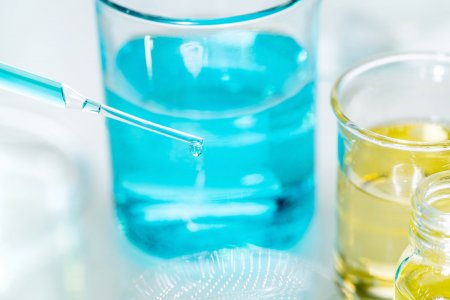Understand my skin
How to clean eczema skin?
It’s time to stop being afraid of uncomfortable, itchy skin after showering even if you have atopic skin. Sometimes, some people would rather skip showering and directly apply an emollient product. Creams, while comforting, do not cleanse the skin. Why is it important to wash your dry and atopic skin, and what products are suitable?










